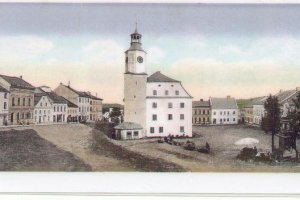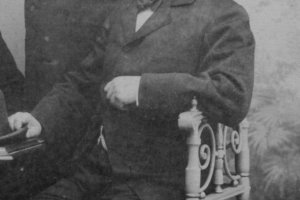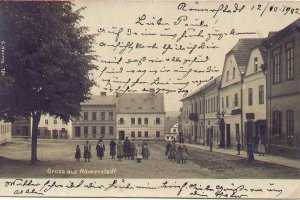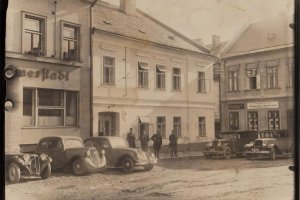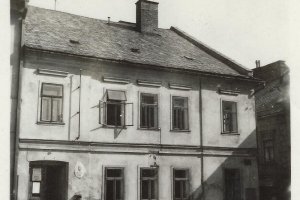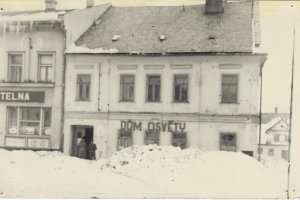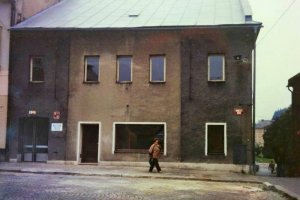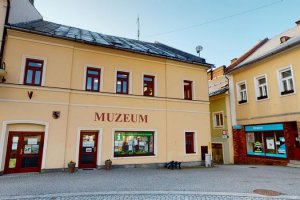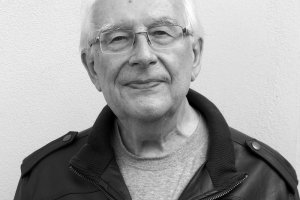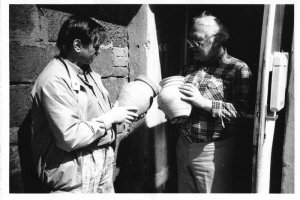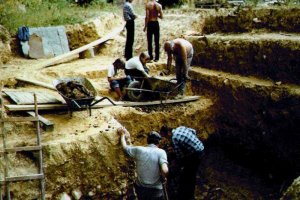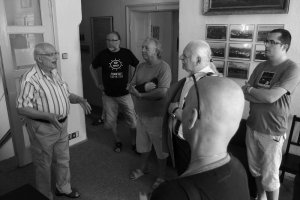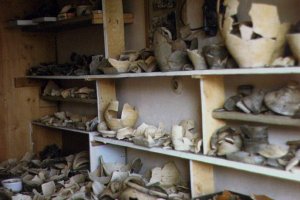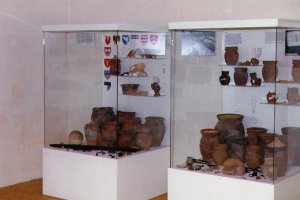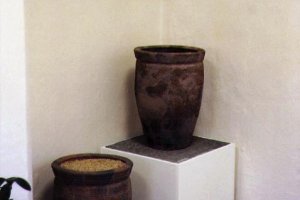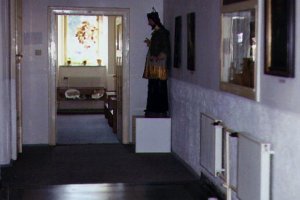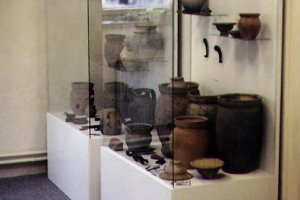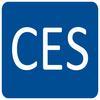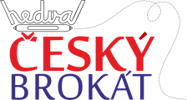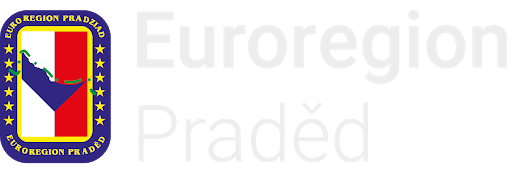The town museum in the then German city of Römerstadt was founded by the businessman and mayor of the city Wilhelm Ludwig in 1901. The museum with rich collections of objects from all over the world was located in the premises of the town hall. However, after the Second World War, its collections were largely stolen and destroyed. The torso of the preserved collections was supposed to become the basis of the planned District Museum of National History in Rýmařov, but it was never founded. It had to wait until the end of 1989 for its restoration, when it was given premises in the town house at the Náměstí Míru 6. Mgr. Jiří Karel, a teacher and historian, a prominent figure in Rýmařov, together with his colleagues and friends, founded the Society for the Restoration of the Town Museum in Rýmařov in order to start a large-scale reconstruction, for which they received 80,000 CZK from the city (half of the amount for the sale of the Stalin statue in Rýmařov).
The museum, as a branch of the Museum in Bruntál, was opened with its first exhibition on 26th November 1992. It became independent as a regional museum on 1st April 1996. Long-term exhibitions, at which Mgr. Jiří Karel collaborated with a number of experts, they were created gradually between 1992 and 2002. These were "Rýmařov Region from prehistoric times to the 19th century", "Mining in Rýmařov Region from the 13th to 20th century", "Textile industry in Rýmařov Region" and " Geology of the southern Jeseníky Mountains". These long-term exhibitions present the most important collection items (e.g. ancient coins, plates for melting gold, Renaissance stoves, Baroque paintings, etc.).
Two halls in the museum building were given to the Free Association of Artists Octopus, which started to organize mainly art exhibitions in 1992. Since then, over 300 have taken place in the gallery. From its inception, the Octopus Gallery was profiled as an art gallery (Kunsthalle), the only one in the Rýmařov Region (the closest was Jindřich Štreit's Sovinec and the Jiří Jílek Gallery in Šumperk, led by Anežka and Miroslav Koval). Important authors such as Josef Čapek, Jindřich Štreit, Olbram Zoubek, Věra Janoušková, Dalibor Chatrný, Pavel Zajíček, Chrudoš Valoušek, Petr Nikl, Marie Kodovská, Milan Knížák, Věra Nováková, Pavel Brázda, Kurt Gebauer and many others have exhibited here. The current Octopus Association continues to cooperate with the museum and offers a rich exhibition program.
As well as the museum and gallery, close to the square, visitors can also visit the Hrádek archaeological site all year round, with a floor-plan replica of the town's castle and an open-air petrographic exhibition of the Jeseníky rocks.
During the summer season from May to September, the museum provides guided tours in the most important monument of Rýmařov – the Church of the Visitation of the Virgin Mary, called the Chapel V Lipkách, built in 1714 on an elliptical floor plan and with a beautiful baroque interior with rich fresco decoration by F. Naboth and J. K. Handke.
Not far from the chapel there is the former German textile company of the Schiel brothers, later Hedva and now Hedva Český Brokát, where external exhibitions are located presenting the topics: "History of textile industry in Rýmařov Region", "How fabric is created", "Brocade room" and "Neckwear store".
photo gallery
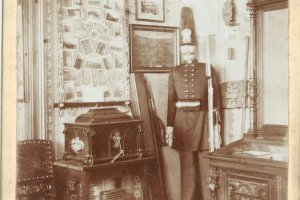
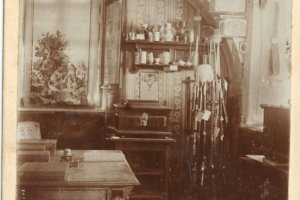
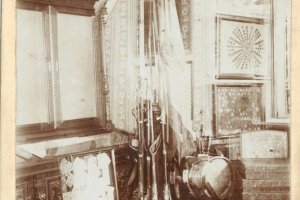
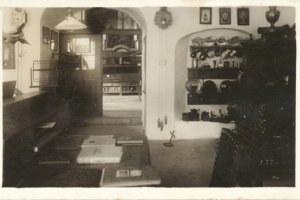

 English (United Kingdom)
English (United Kingdom)  Polski (PL)
Polski (PL)  Czech (Čeština)
Czech (Čeština) 